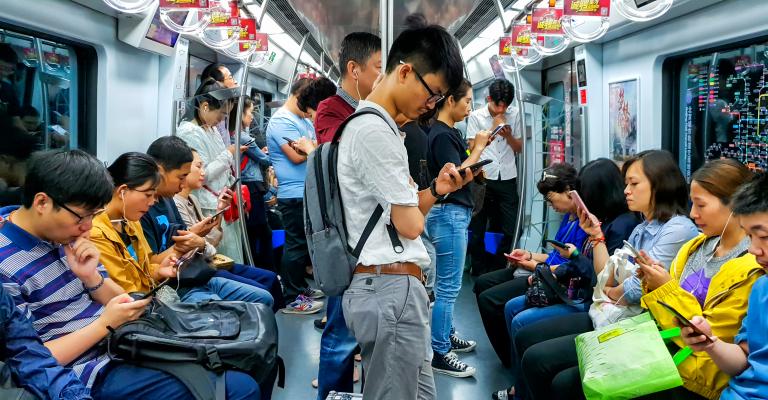Censorship and Mental Health Abuse in China

In recent years, China has faced increasing scrutiny over its treatment of dissenters and critics of the government. Reports have emerged detailing how individuals who protest or express dissatisfaction with the authorities are often subjected to forced psychiatric hospitalization. This alarming trend raises serious questions about the intersection of mental health care and political repression in the country. One such case is that of Zhang Junjie, a young man whose life was irrevocably altered after he protested against government policies. His story, along with others, sheds light on a troubling practice that has resurfaced in China, despite laws intended to protect citizens from such abuses.
The Case of Zhang Junjie
Zhang Junjie was just 17 years old when he decided to protest against China’s stringent lockdown measures. His act of defiance led to a swift and brutal response from the authorities. Within days, he found himself confined to a psychiatric hospital, where he was diagnosed with schizophrenia. Junjie recalls being restrained and beaten by hospital staff, forced to take medication against his will. He was told that his political views indicated a serious mental illness, a narrative that reflects the chilling reality for many dissenters in China.
Junjie’s ordeal began in 2022, shortly after he protested outside his university. His professors quickly alerted his father, who, fearing for his son’s safety, contacted the police. On Junjie’s 18th birthday, he was taken to what he believed was a Covid testing center, only to discover it was a psychiatric facility. For 12 days, he endured a harrowing experience, during which he was tied to a bed and subjected to coercive treatment. This traumatic experience left him feeling powerless and terrified, as he grappled with the realization that his own father had handed him over to the authorities.
The Surge in Forced Hospitalizations
Zhang Junjie is not alone. The BBC has identified dozens of individuals who have been forcibly hospitalized after protesting or challenging the government. Many of these cases involve the administration of anti-psychotic drugs and, in some instances, electroconvulsive therapy (ECT) without consent. This practice has been reported for decades, yet it appears to be on the rise again, despite the existence of the 2013 Mental Health Law, which aimed to prevent such abuses.
Leading Chinese lawyer Huang Xuetao, who helped draft the Mental Health Law, has expressed concern over the increasing number of involuntary hospitalizations. He attributes this surge to a weakening civil society and a lack of accountability within the system. The law was designed to protect citizens from being labeled mentally ill for their political beliefs, yet the reality is starkly different. Activists and dissenters continue to be targeted, and the psychiatric system is exploited as a means of silencing criticism.
The Legal and Social Implications
The legal framework in China presents significant challenges for those seeking justice after being wrongfully hospitalized. Many victims, like Junjie, find themselves trapped in a system that favors the authorities. A recent case involved a man known as Mr. Li, who was hospitalized after protesting against local police. Despite being told by doctors that he was not mentally ill, he was still subjected to a forced psychiatric evaluation, which resulted in a diagnosis of bipolar disorder.
The courts in China often reject appeals from individuals who challenge their wrongful hospitalization. Reports indicate that between 2013 and 2024, only a small fraction of those who attempted to take legal action against the authorities were successful. The overwhelming majority of plaintiffs had previously raised complaints about the government, highlighting a troubling pattern of retaliation against dissenters.
As the situation continues to unfold, the case of vlogger Li Yixue has drawn attention. After accusing a police officer of sexual assault, she was reportedly hospitalized for a second time, raising concerns about her safety and freedom. The Chinese government maintains that it is committed to improving legal protections against unlawful detention, yet the reality on the ground suggests otherwise.
Observer Voice is the one stop site for National, International news, Sports, Editor’s Choice, Art/culture contents, Quotes and much more. We also cover historical contents. Historical contents includes World History, Indian History, and what happened today. The website also covers Entertainment across the India and World.

